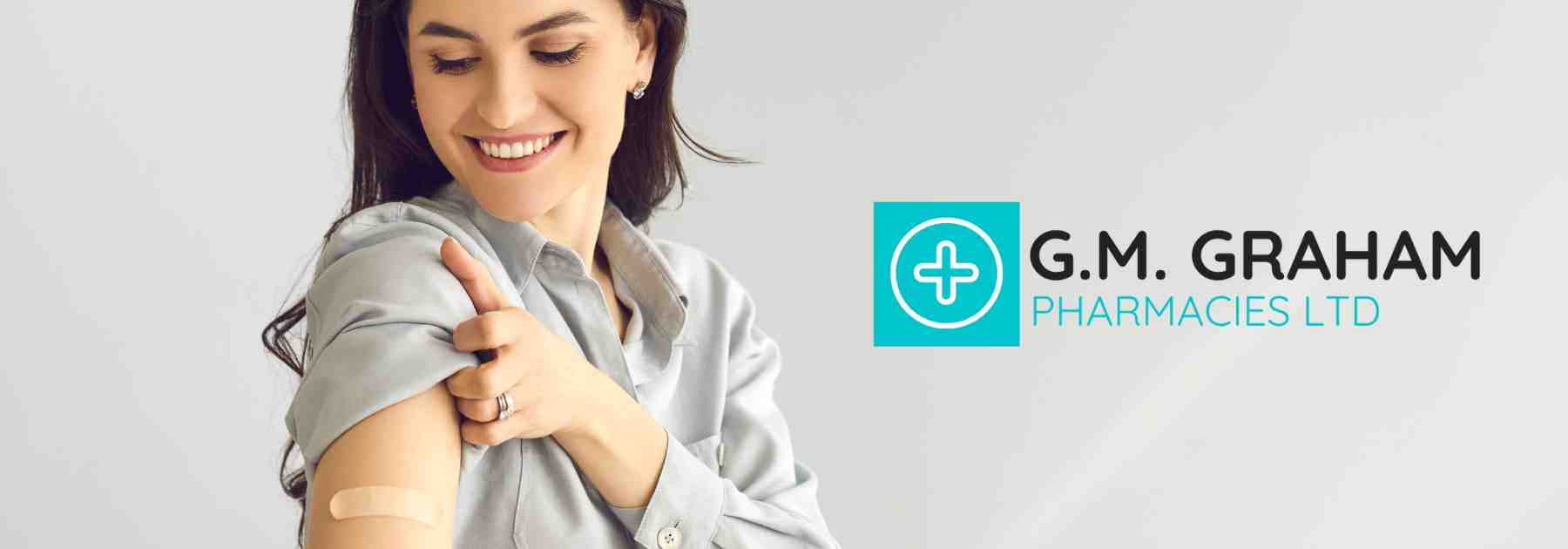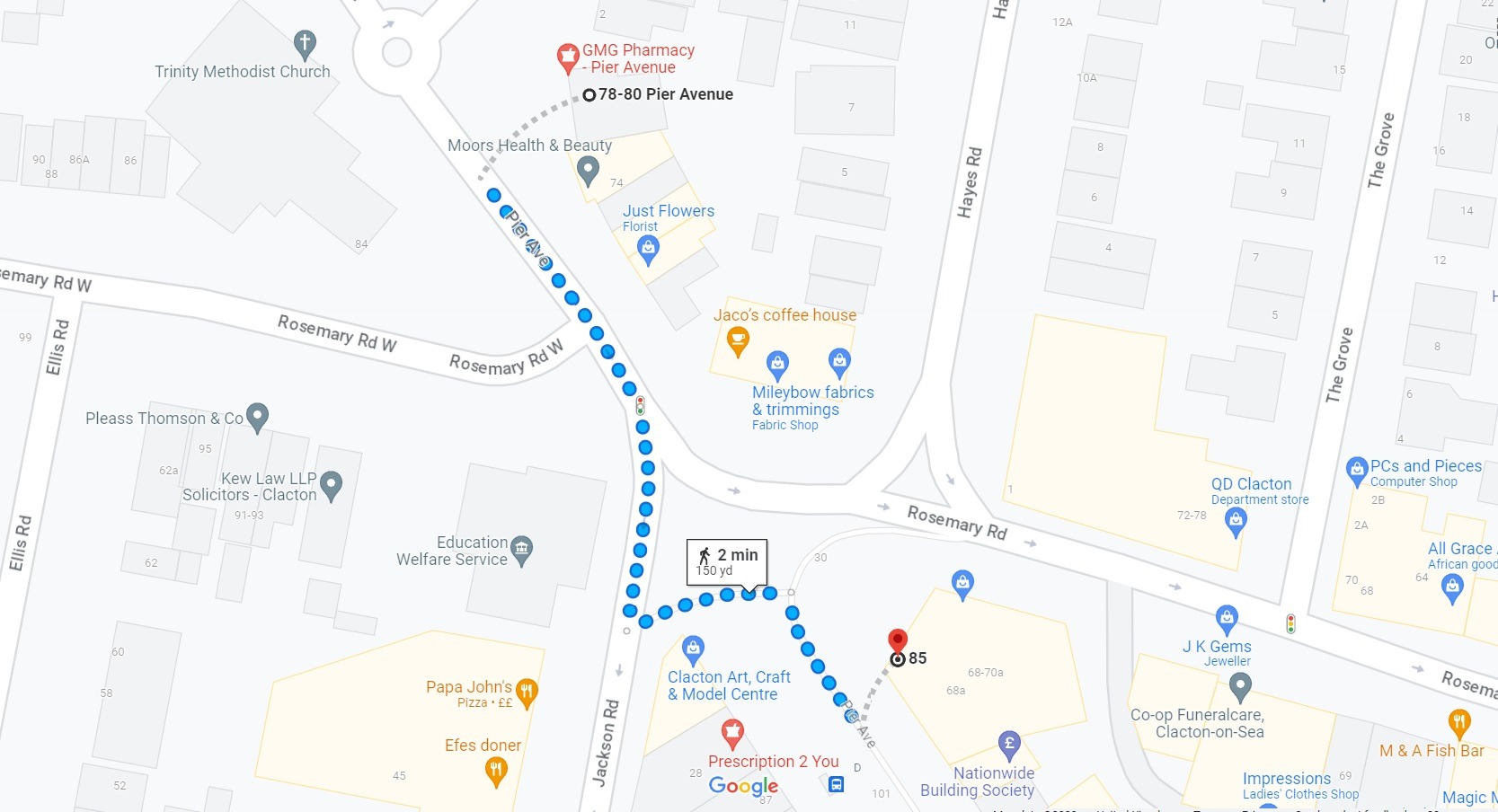Understanding the HPV Vaccine: A Comprehensive Guide
The HPV vaccine is a crucial tool in the fight against certain cancers and other diseases. This comprehensive guide aims to shed light on what the HPV vaccine is, its benefits, who should get it, and why it’s essential for public health.
What is HPV?
Human Papillomavirus (HPV) is a group of more than 200 related viruses. Some types of HPV can cause warts on different parts of the body, including the genitals, while others are associated with various cancers. The most concerning strains of HPV are those that lead to cervical, anal, oropharyngeal (throat), penile, vulvar, and vaginal cancers.
HPV is incredibly common, with nearly all sexually active individuals contracting it at some point in their lives. However, most HPV infections go away on their own without causing any health problems. The concern arises with persistent infections, which can lead to more severe conditions, including cancer.
The HPV Vaccine: An Overview
The HPV vaccine is designed to prevent infections by certain types of HPV. The most commonly used vaccines protect against nine HPV types, seven that cause cancer and two that cause genital warts. The vaccine works by stimulating the immune system to produce antibodies that can fight the virus if the person is exposed to it in the future.
Benefits of the HPV Vaccine
Cancer Prevention: The most significant benefit of the HPV vaccine is its ability to prevent certain types of cancer. According to the NHS, the vaccine can prevent over 90% of cancers caused by HPV. This includes cancers of the cervix, vulva, vagina, penis, anus, and the back of the throat.
Reducing Genital Warts: The HPV vaccine also offers protection against the types of HPV that cause genital warts. These warts are not life-threatening but can cause significant discomfort and emotional distress.
Herd Immunity: Widespread vaccination can lead to herd immunity, significantly reducing the overall presence of the virus in the population. This protects those who are unable to get vaccinated, such as individuals with certain medical conditions.

Who Should Get the HPV Vaccine?
Age Recommendations: The NHS recommends the HPV vaccine for boys and girls aged 12 to 13 years, with the first dose given in Year 8 of school. It’s crucial to vaccinate children before they become sexually active, as the vaccine is most effective before any exposure to HPV.
Catch-Up Vaccination: For those who were not vaccinated at the recommended age, catch-up vaccination is advised. Females up to age 25 and males up to age 25 who have sex with men should get the vaccine if they did not do so earlier.
Adults Aged 25-45: The HPV vaccine is also available for adults aged 25 to 45 who were not previously vaccinated. While the benefit is less clear in this age group, it can still offer protection, particularly for those who may be at risk of new HPV infections.
Safety and Side Effects
The HPV vaccine has undergone extensive safety testing and monitoring. Studies have shown it to be safe and effective, with the most common side effects being mild and temporary. These include pain at the injection site, swelling, redness, and, occasionally, a mild fever. Severe allergic reactions are rare, but as with any medical procedure, it’s essential to discuss any concerns with your healthcare provider.
Addressing Common Myths
Myth: The Vaccine is Only for Girls
Fact: While initially targeted at preventing cervical cancer in females, the HPV vaccine is equally important for males. Men can contract and spread HPV and are at risk for HPV-related cancers and genital warts.
Myth: The Vaccine is Unsafe
Fact: The HPV vaccine has been rigorously tested for safety. Millions of doses have been administered worldwide, and continuous monitoring shows it to be safe and effective. The benefits far outweigh the risks, which are mostly minor side effects.

The Importance of Vaccination
Protecting Future Generations: By vaccinating our children against HPV, we are protecting them from potential future cancers and diseases. This proactive approach can save lives and reduce the burden of HPV-related health issues.
Public Health Impact: Vaccination programmes have already shown significant success in reducing HPV infections and related conditions. As vaccination rates increase, we can expect to see even greater reductions in HPV-related cancers and diseases.
Personal Responsibility: Getting vaccinated and ensuring that our children are vaccinated is a responsibility we all share. It contributes to the health and well-being of our communities and helps protect those who are vulnerable.
Get the HPV Vaccine in
At G.M. Graham Pharmacies, we are committed to providing you with the best information and services to support your health. The HPV vaccine is a safe, effective, and essential tool in the fight against certain cancers and diseases caused by HPV. We encourage you to get the HPV vaccine if you haven’t already done so.
By taking this step, you are contributing to a healthier future for all. For more information or to schedule a vaccination appointment, visit us at G.M. Graham Pharmacies. Your health is our priority, and we are here to support you every step of the way.
This blog was written on behalf of G.M. Graham Pharmacies by Pharmacy Mentor.
